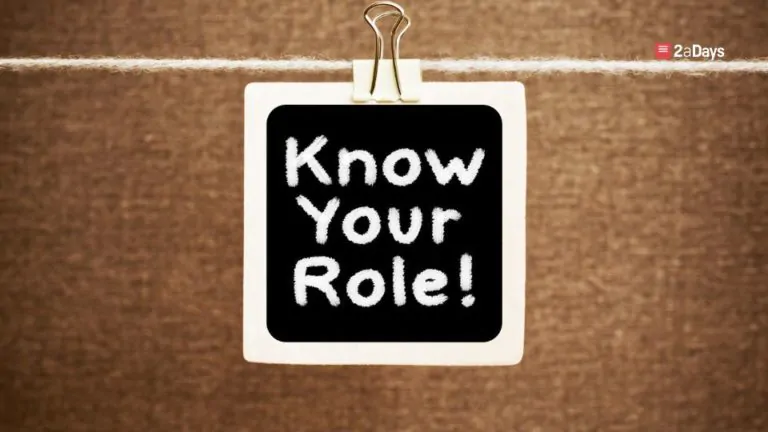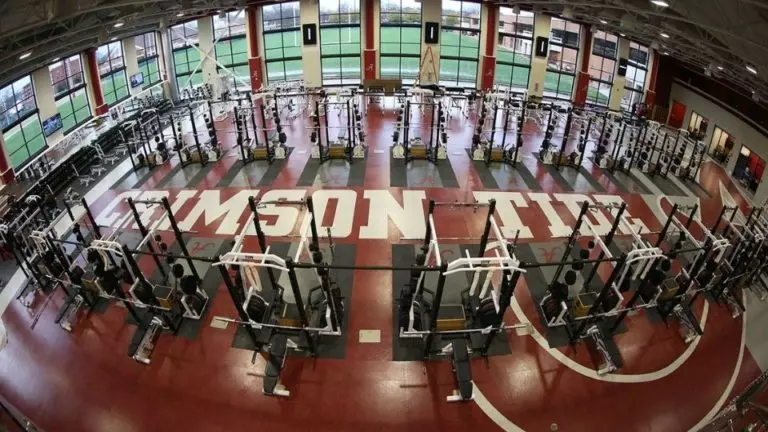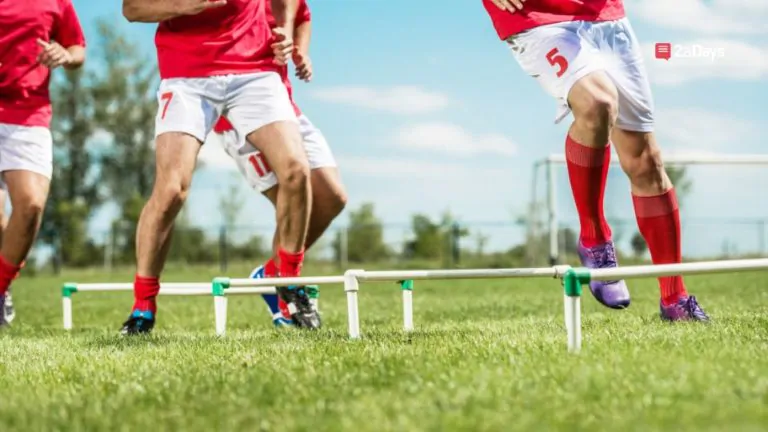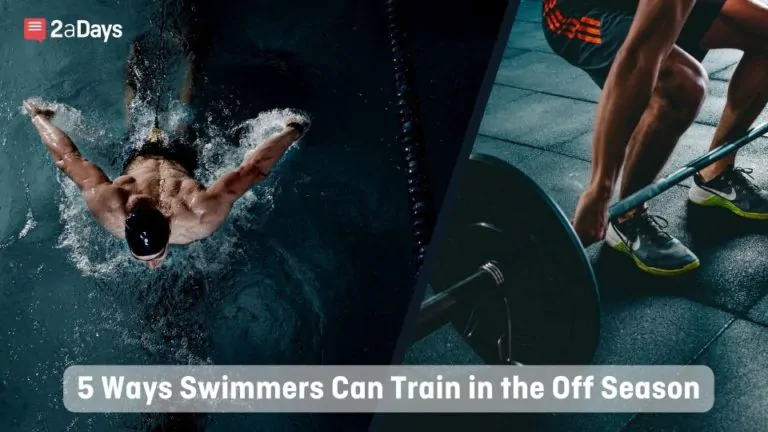Over the course of a young athlete's life, many people influence their journey–whether these people are teammates, an athlete's parents, coaches, other teammates' parents, among others, many have a role to play in the development of athletes at all levels. However, during the recruiting process, each of these individuals transitions into a unique role, especially parents and high school coaches. Here are the key roles of athletes, parents, and high school coaches in the recruiting process.
Related: How Involved Should High School Coaches Be In the Recruiting Process?
The Athlete Should Lead
It may be surprising to some, but the athlete should lead their own recruiting process. While the parent needs to provide support and show encouragement toward their child and the university that may recruit them (more on that next), the recruit will be the one actually attending the university, not the parent. If the parent forgets this mindset, it can annoy, and even anger, their child and the staff at a university. Sometimes, though, it is necessary for parents to engage in some areas more than others (like financial aid). Ultimately, the parent is a witness to the recruiting process that takes place between their child and the university, but does have the chance to periodically jump into the conversation and ask a question or seek clarification, but then become a witness again.
Related: Rate your Coaches, Facilities, and Campus Visits
Parents Still Have a Place
Even though the recruiting process should be athlete led, parents can still be an asset for many reasons. Sometimes, parents are the realistic factor, allowing their young athlete to dream dreams, but ultimately bring them back to reality regarding their athletic career. Parents, during the recruiting process, also have the chance to assist their child in thinking of questions or other information that the athlete may otherwise have forgotten including the pros and cons of various schools. Overall, parents have the unique role of letting the athlete explore their own recruiting process and stepping in only when neessary.
High School Coaches: Don't Overstep
High school coaches are a mentor for a student-athlete during high school. However, these coaches are not seeking to be recruited. Recruits should use their high school coach as a resource, but not rely on them during the recruiting process. Most of the time, college coaches build relationships with showcase team coaches and other coaches at different levels than high school. In other words, minimal outreach to a college is likely to take place between high school and college coaches.
Furthermore, high school coaches may not have played the sport they are coaching in college, or even in depth. Many times, high school coaches are coaching alongside teaching as a part of their job, so they may not be able to answer the questions that a college coach is looking to have answered when considering recruiting an athlete. However, high school coaches should be able to provide their athletes with their statistics and even game footage during the recruiting process as these resources have the potential to impact the recruiting process of an athlete greatly. That, and providing moral support for the athlete as well as information requested by the college coaches, can ensure that high school coaches play their part in the recruiting process without overstepping.
Related: What Role Do Your Parents/Family/Friends Play
Overall, parents and high school coaches have a unique and distinct place in the recruiting process of a high school athlete. While fundamental in the early days of an athlete's sports career, they transition into the role of an aide as time passes by. While many individuals contribute to an athlete's journey, it is ultimately up to the athlete to showcase their positive attributes in the best way possible so that they can be recruited. So help if you can, but at the end of the day, remember: it's the athlete's journey.
Have an idea for a story or a question you need answered? Email us at [email protected]
* Originally published on August 17, 2022, by Caleb Myers







